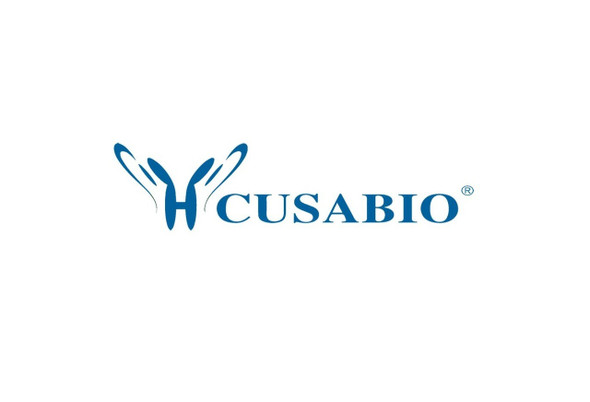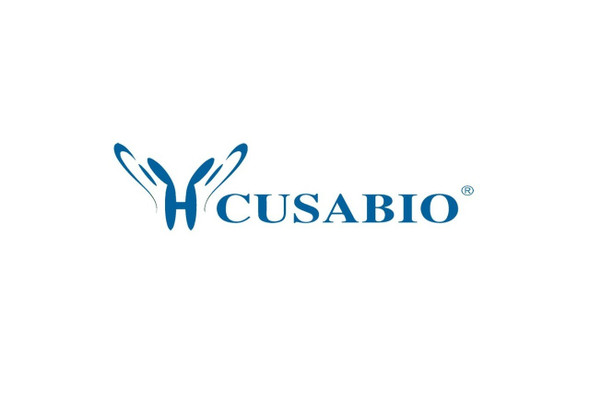Cusabio Polyclonal Antibodies
TNFSF13 Antibody | CSB-PA599200
- SKU:
- CSB-PA599200
- Availability:
- 3 to 7 Working Days
Description
TNFSF13 Antibody | CSB-PA599200 | Cusabio
TNFSF13 Antibody is Available at Gentaur Genprice with the fastest delivery.
Online Order Payment is possible or send quotation to info@gentaur.com.
Product Type: Polyclonal Antibody
Target Names: TNFSF13
Aliases: tumor necrosis factor (ligand) superfamily, member 13
Background: The protein encoded by this gene is a member of the tumor necrosis factor (TNF) ligand family. This protein is a ligand for TNFRSF17/BCMA, a member of the TNF receptor family. This protein and its receptor are both found to be important for B cell development. In vitro experiments suggested that this protein may be able to induce apoptosis through its interaction with other TNF receptor family proteins such as TNFRSF6/FAS and TNFRSF14/HVEM. Alternative splicing results in multiple transcript variants. Some transcripts that skip the last exon of the upstream gene (TNFSF12) and continue into the second exon of this gene have been identified; such read-through transcripts are contained in GeneID 407977, TNFSF12-TNFSF13.
Isotype: IgG
Conjugate: Non-conjugated
Clonality: Polyclonal
Uniport ID: O75888
Host Species: Rabbit
Species Reactivity: Human, Mouse
Immunogen: Synthetic peptide of human TNFSF13
Immunogen Species: Human
Applications: ELISA, IHC
Tested Applications: ELISA, IHC;ELISA:1:1000-1:2000, IHC:1:10-1:50
Purification Method: Antigen affinity purification
Dilution Ratio1: ELISA:1:1000-1:2000
Dilution Ratio2: IHC:1:10-1:50
Dilution Ratio3:
Dilution Ratio4:
Dilution Ratio5:
Dilution Ratio6:
Buffer: -20°C, pH7.4 PBS, 0.05% NaN3, 40% Glycerol
Form: Liquid
Storage: Upon receipt, store at -20°C or -80°C. Avoid repeated freeze.
Initial Research Areas: Immunology
Research Areas: Cancer;Immunology









